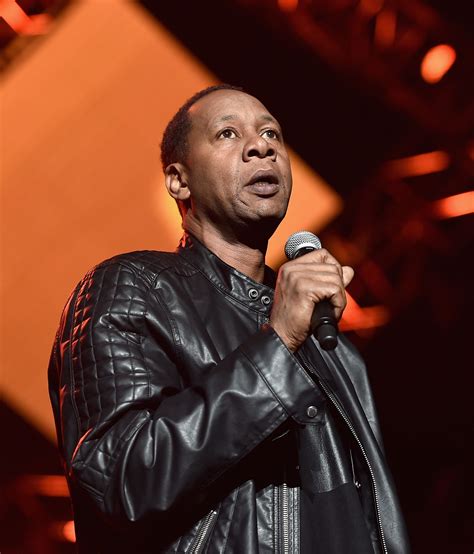A Quote by Robert Winston
Parents should talk to their children, even when they are babies and can't talk back.
Related Quotes
Dr. [Paula] Menyuk and her co-workers [at Boston University's School of Education] found that parents who supplied babies with a steady stream of information were not necessarily helpful. Rather, early, rich language skills were more likely to develop when parents provided lots of opportunities for their infants and toddlers to "talk" and when parents listened and responded to the babies' communications.
Let them get at the books themselves, and do not let them be flooded with diluted talk from the lips of their teacher. The less the parents 'talk-in' and expound their rations of knowledge and thought to the children they are educating, the better for the children...Children must be allowed to ruminate, must be left alone with their own thoughts.
There are great parents of small children - they keep their little hair in bows - but those parents are not always good parents of young adults. As soon as their children get up to some size, it's "Shut up, sit down, you talk too much, keep your distance, I'll send you to Europe!" My mom was a terrible parent of small children but a great parent of young adults. She'd talk to me as if I had some sense.
Most parents would not hesitate to assume responsibility for their child's behavior on a playground, at school, or in someone else's home. What happens online should be no different. Parents should talk with their children about computer ethics, stipulate rules of conduct, and - most importantly - establish consequences.
I want to come back and do talk. I want to do late-night talk the right way. Arsenio ain't there anymore, and the late-night talk competition is weak. All them dudes is weak. I don't even know who they are. Weirdos, and I don't even care. I want to bring real fun back to late night where a real comedian is doing it.
...I had to point at Hanna. But the finger I pointed at her turned back to me. I had loved her. I tried to tell myself that I had known nothing of what she had done when I chose her. I tried to talk myself into the state of innocence in which children love their parents. But love of our parents is the only love for which we are not responsible. ...And perhaps we are responsible even for the love we feel for our parents.
It's very important for the parents of young autistic children to encourage them to talk, or for those that don't talk, to give them a way of communicating, like a picture board, where they can point to a glass of milk, or a jacket if they're cold, or the bathroom. If they want something, then they need to learn to request that thing.



































